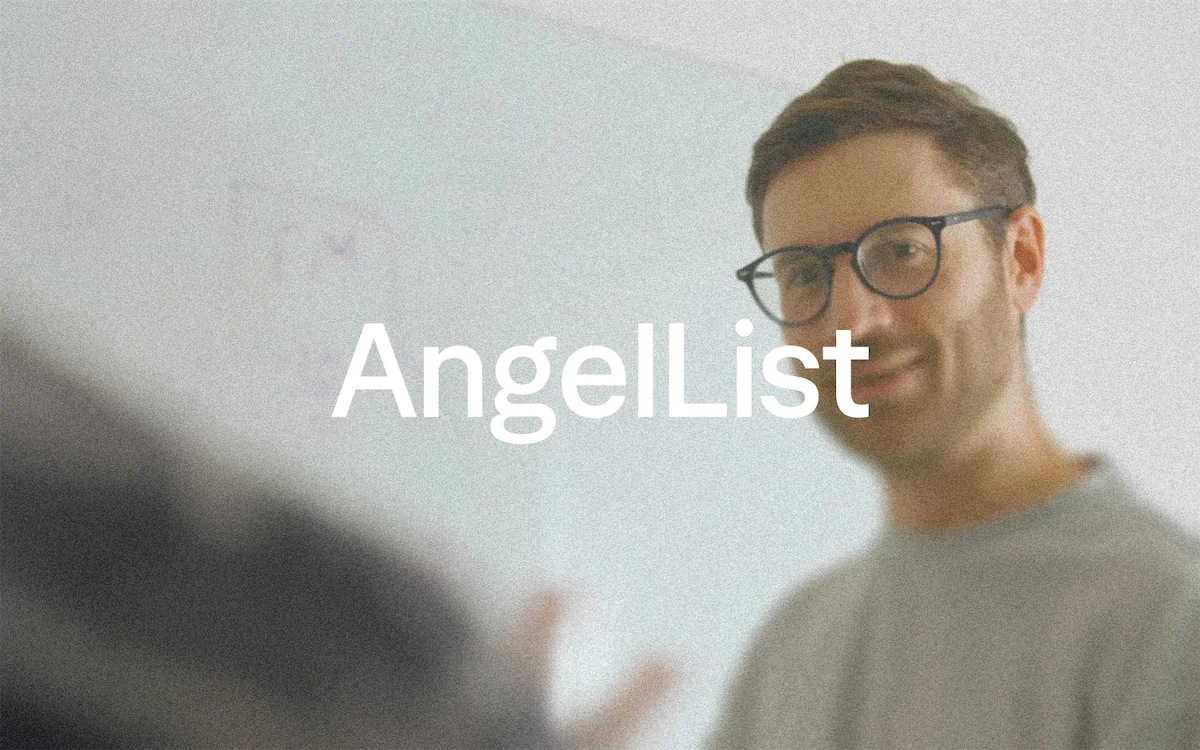“Runway has been absolutely critical for understanding the business and where we're heading.”
Cooper LycanFounder at SoBet
Real-time scenario planning
They wanted clear, actionable levers to pull. With spreadsheets, it was hard to see how increasing marketing spend, adjusting pricing, or conserving cash would impact grown and performance.
With Runway, they could instantly model different financial scenarios—showing how each decision would impact their bottom line.
Impact
- Real-time scenario planning—in a few clicks
- Clear understanding of the exact impact of growth strategies
- Data-driven decisions
Having a model you can manipulate and then seeing how that affects financial statements—your income statement, balance sheet, and key metrics like cash—is probably the biggest use we’ve had for Runway.
Cooper Lycan
Navigating market disruption
From the start, SoBet had relied heavily on influencer-driven growth. But in fall 2024, VC-funded startups started popping up in the betting information space. Suddenly, influencers had to compete not just with each other, but with these companies as well. Customer acquisition costs increased, and growth stalled.
With Runway’s real-time scenario planning, SoBet quickly identified the financial impact of shifting their strategy—modeling what would happen if they increased paid marketing spend (to even out the top-line growth) and featured top creators in their ads (to reduce costs and boost conversions). And it worked.
Impact
- Identified the exact problem faster
- Modeled different solutions instantly
- Pivoted their approach with confidence
Without Runway, I don’t think we would’ve had the transparency into that issue or the tools to figure out how to fix it. Runway let us model out different scenarios. We could see exactly how different decisions would affect our metrics. It gave us clarity to adjust our strategy, and helped us change the direction of our business.
Cooper Lycan
Clearer investor communication
Communicating with investors was a manual, time-consuming process. Cooper would build updates in Google Docs, then send them via DocSend—but those were just static snapshots.
Now, he builds dynamic investor reports directly in Runway—with real-time dashboards, and detailed notes on what’s happening. This makes it easier to show how he’s thinking about his business.
Impact
- Real-time interactive reports
- Clear financial storytelling
- Financials are always transparent and accessible
Now, every month, I share key metrics, what’s going well, what’s concerning, and where we’re headed—all in Runway. Investors love it. They're like, 'This is incredible.’
Cooper Lycan



